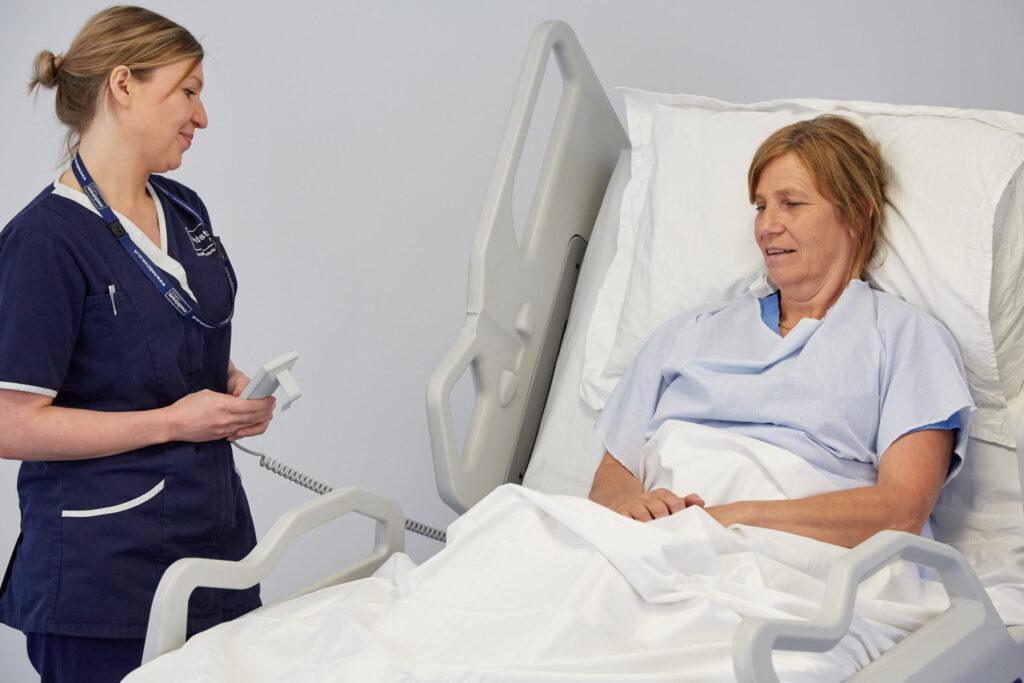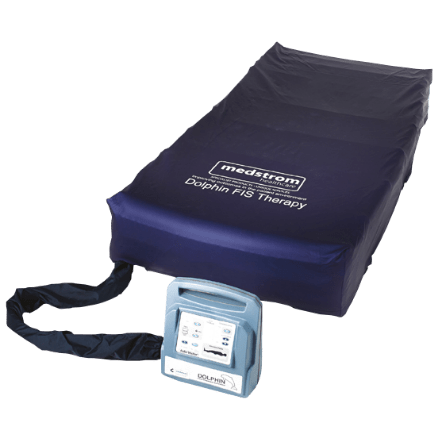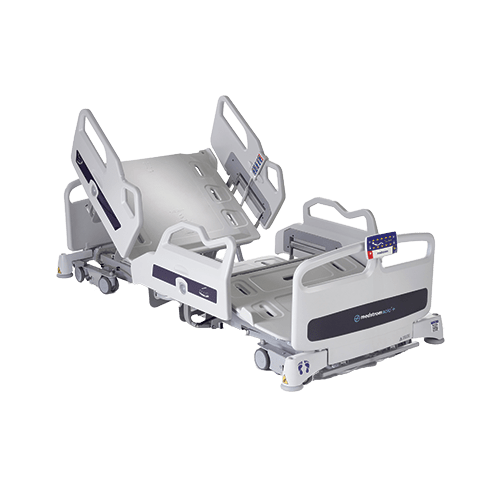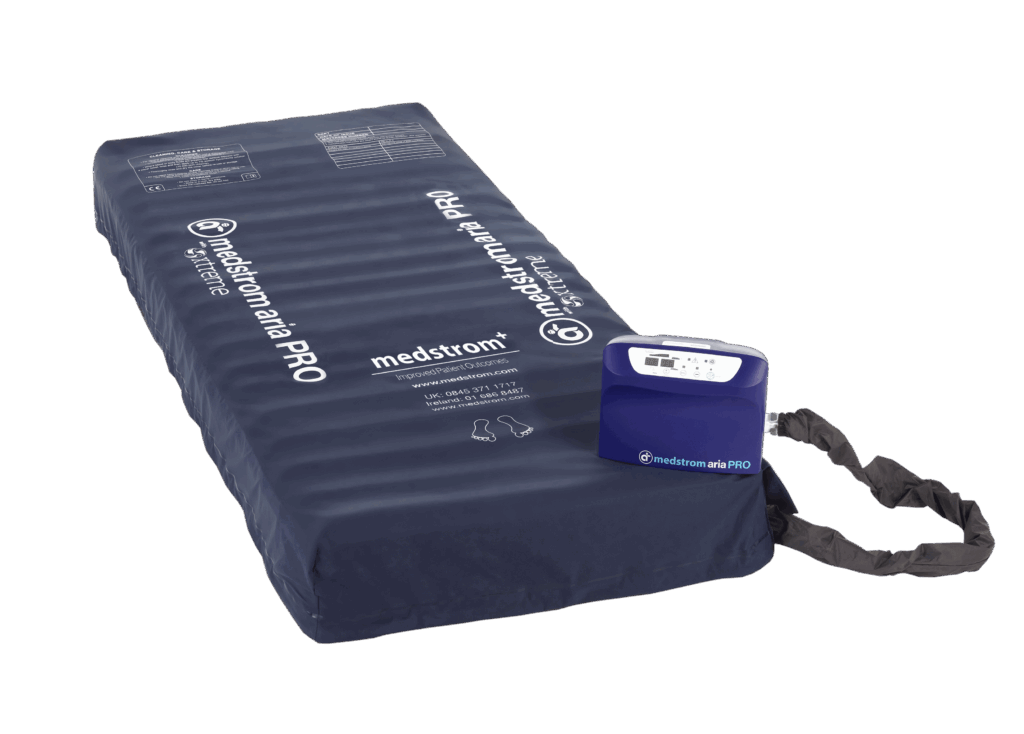Emergency Mental Health Care | Exploring Patient Experience & Care Settings
Emergency mental health care situations can be challenging for all parties involved — patients, clinicians, police officers and liaison staff alike. Medstrom’s recent webinar captured the perspectives of these stakeholders, aiming to support professionals working in emergency mental health care by providing insights and strategies to support patient care in acute settings. Notably, it emphasises the importance of providing suitable facilities, such as specialist Section 136 suites, in driving improved patient outcomes.
HSSIB & Its Work in Mental Health Inpatient Settings
“We’ve done a lot to be able to support staff in their work but also create an environment within which we are not re-traumatising the patient or where there is over-sensory stimulation.”
Hear from Dr Nick Woodier, a qualified doctor with a background in emergency medicine but now a human factors specialist, undertaking investigations for the Health Services Safety Investigation Body. His presentation provides an overview of the December 2024 report entitled: “Mental health inpatient settings: Creating conditions for the delivery of safe and therapeutic care to adults” and how it has been received by the acute sector since release.
Dealing with Emergency Mental Health Care on the Frontline
“The main thing I wanted as a police officer was to be taking that person somewhere that was suitable to be treated.”
Matt is an experienced police officer who started his career in policing over 30 years ago. Recently retired, Matt explores his experiences over that career in relation to the use of the s.136 of Mental Health Act. This provides police use of emergency powers, when an individual is in a public safe and deemed to be in immediate need of care to be taken to a place of safety. Listen to Matt share his memories from dealing with emergency mental health care on the frontline and how it has changed in terms of the resource required from police officers.
A Patient’s Perspective in Emergency Mental Health Care
“I was mentally and physically exhausted and it was like my mind just wouldn’t shut off. I wanted to sleep; I am wanted to feel comfortable; and the facilities I was met with and the experience I had left me feeling disregarded.”
Laura has previously had to engage with emergency mental health services and bravely shares her personal experiences of what it was like from the patient’s perspective during emergency mental health care. She explores the difference that being treated in a comfortable, more homely environment brought to her experiences, with a particularly powerful story about her A&E visit that impacted both her and her family immensely.
Mental Health in an Acute Environment | Exemplar Site
“That is one of our biggest challenges – when health places of safety say they are at capacity, mental health wards say they have no more space, we are really the only option.”
Lucy is Deputy Lead Nurse for Mental Health at Chelsea and Westminster NHS Trust; a site deemed by NHS England to be an exemplar site for MH provision. Lucy’s core goal is to embed key structures into acute hospitals, using her expertise and patient collaboration, to improve quality and accessibility of mental health care. Hear Lucy’s overview of care provision and results this provides.







